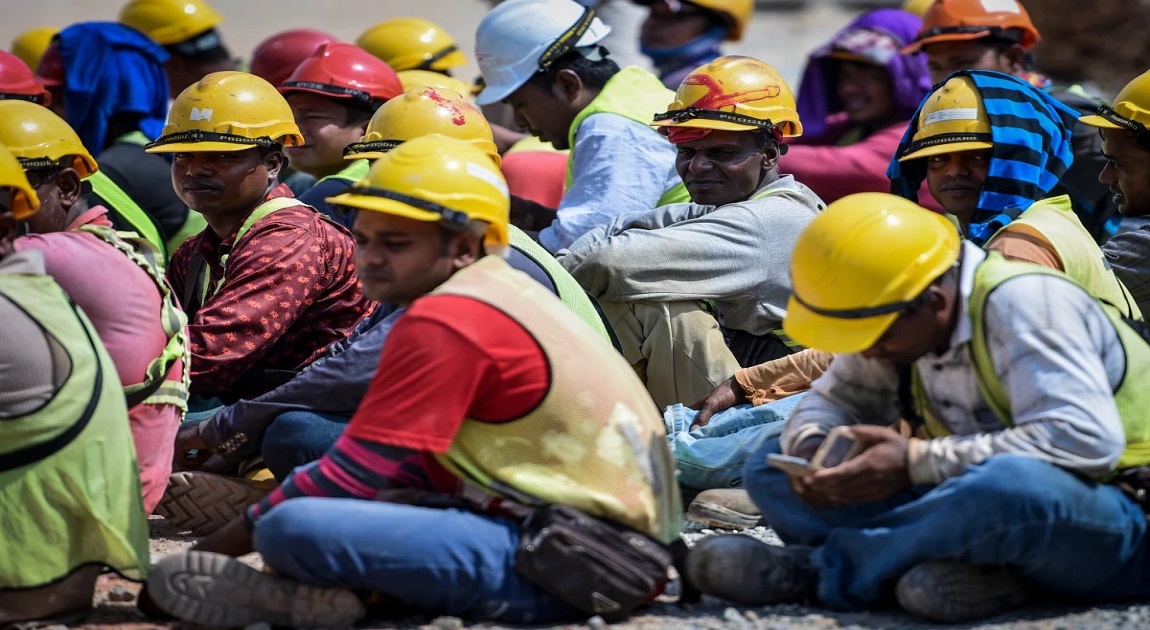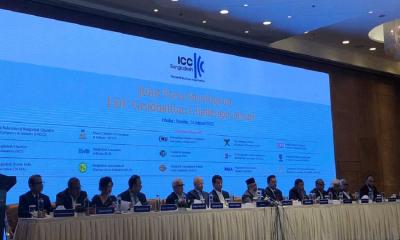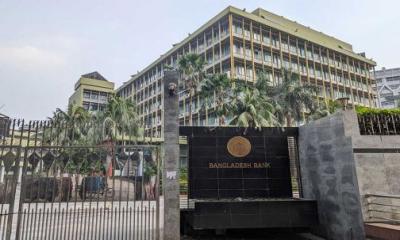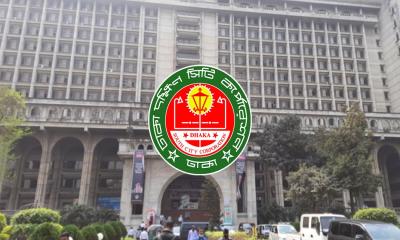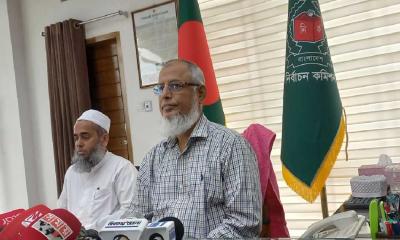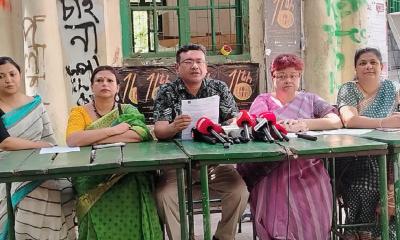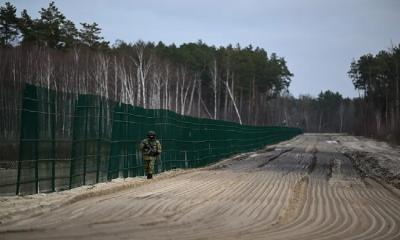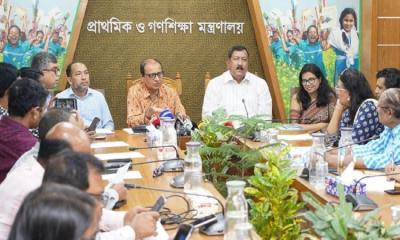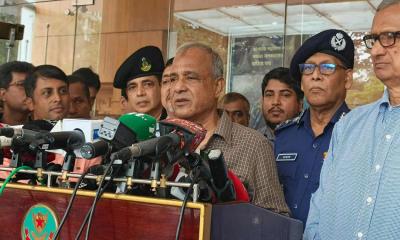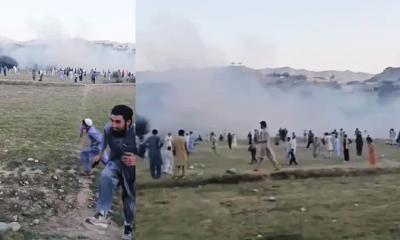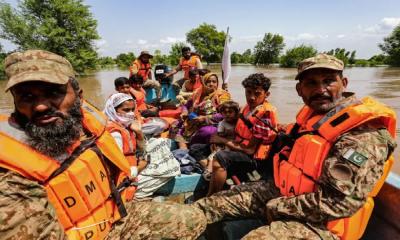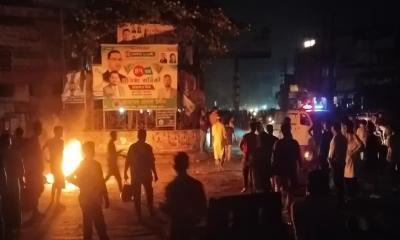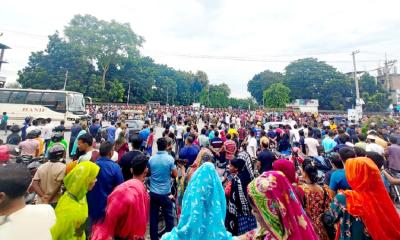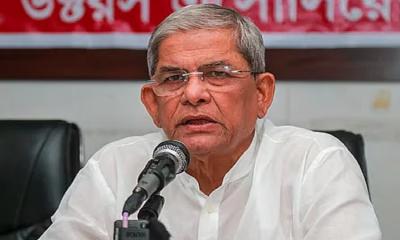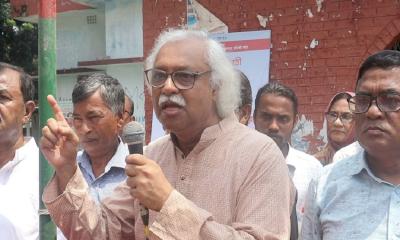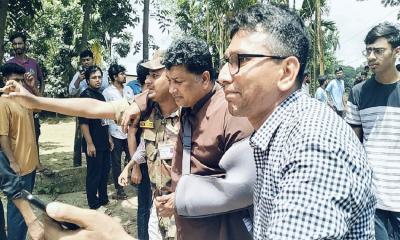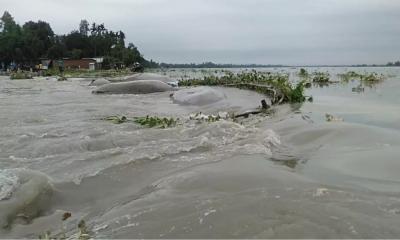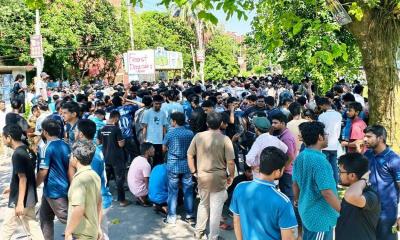The Thai government has decided to recruit foreign workers to address an acute labor shortage, with Sri Lanka set to send an initial batch of 10,000 workers.
Thailand is also preparing to bring in laborers from Bangladesh, Nepal, Indonesia, and the Philippines—opening up new prospects for Bangladeshi workers in the Thai labor market.
Thailand’s agriculture, construction, and fisheries sectors have long relied on foreign labor, particularly from neighboring Myanmar, Cambodia, and Laos.
According to the country’s Ministry of Labor, as of July, more than 500,000 Cambodian workers were registered in Thailand. The International Organization for Migration (IOM), however, estimates that nearly another half a million Cambodians are working there without registration.
The shortage deepened after violent clashes broke out along the Thai-Cambodian border on July 24, prompting hundreds of thousands of Cambodian workers to return home. This exodus has left critical gaps in key industries.
Thai Labor Minister Pongkawin Juangruangkit said Sri Lanka is ready to immediately send 10,000 workers, while more than 30,000 Sri Lankans have already registered for jobs in Thailand. Cabinet documents also confirm that Bangladesh is among the countries from which workers will be recruited.
Bangladeshi migrants have long contributed to labor markets in the Middle East, Malaysia, Singapore, and South Korea. While Thailand has not yet emerged as a major destination, analysts believe the current crisis could open up fresh opportunities.
Thailand’s central bank reported that the country’s unemployment rate stood at just 0.81 percent in June, reflecting a shortage of local workers. Anusorn Tamajai, director of the Research Center at the University of the Thai Chamber of Commerce, noted that Thailand’s labor-intensive industries cannot survive without foreign workers. As the country transitions into an aging society, the labor gap is expected to widen further.
However, Bangladeshi workers would face stiff competition from countries like Malaysia, Taiwan, and South Korea, which offer higher wages and better working conditions. Migration experts say that while the opportunity is promising, Bangladesh will need swift government action to seize it.
Adisorn Kerdmongkol, coordinator of the Migrant Working Group, cautioned that details remain unclear on which sectors Thailand will prioritize and how workers will be brought in. He also pointed out that air travel costs could be a significant hurdle when recruiting from distant countries.
Experts stressed that Bangladesh must act quickly through diplomatic and administrative channels. They recommend focusing on skills training, language proficiency, and worker protection, alongside negotiating a bilateral agreement with Thailand to safeguard migrants’ rights.


